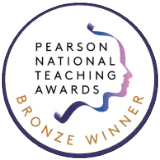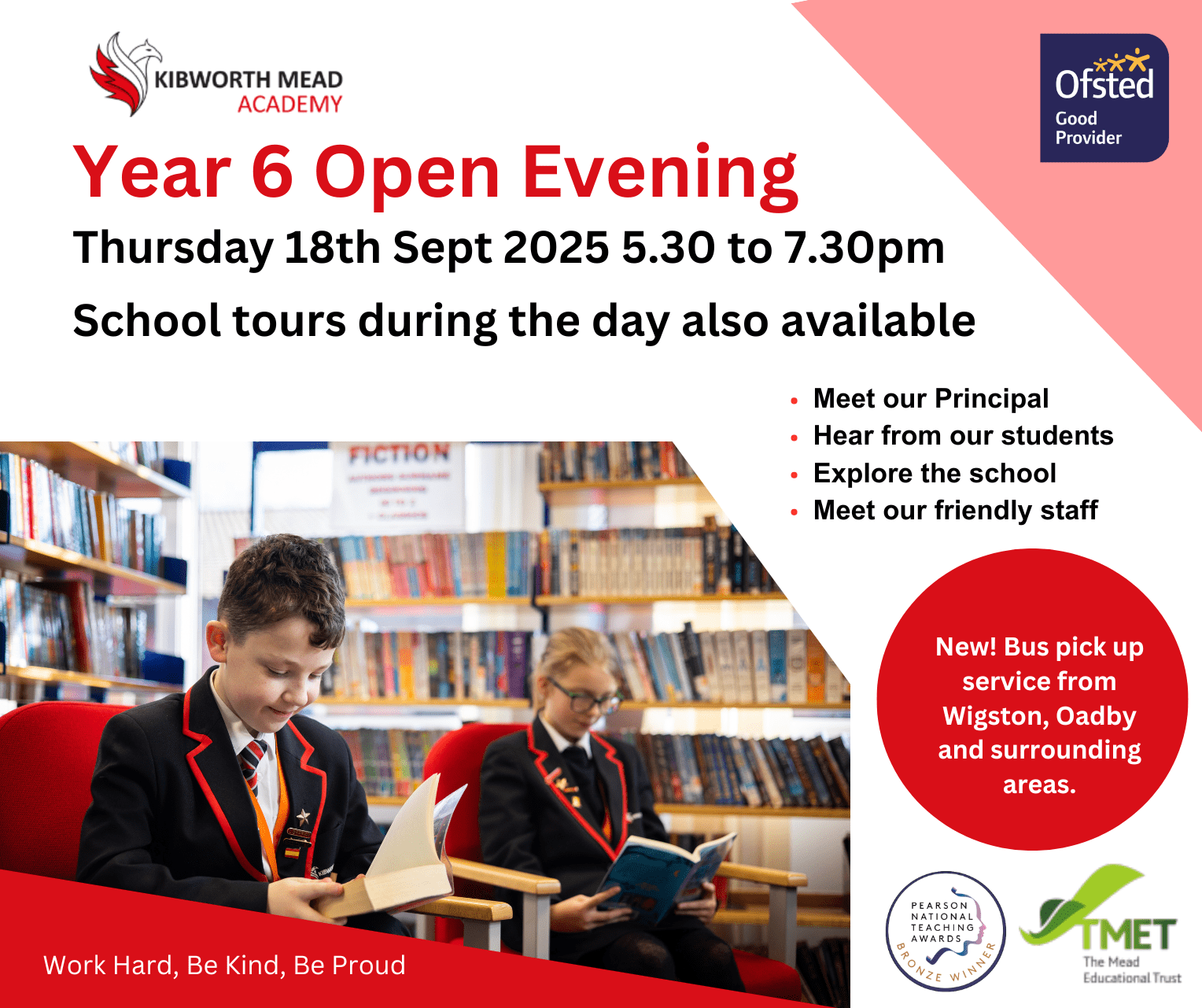IN 1970 ALVIN TOFFLER wrote about the “Demise of Geography.” He argued, in short, that Geography was losing any importance as people moved more rapidly from place to place and in a world where boundaries between societal diversity and place were being dismantled. However, like the death of Mark Twain, the demise of Geography has been greatly exaggerated, both by Toffler and, time and again, by others since. Indeed, the 21st century is likely to be defined by geographical issues, from Climate Change to resource management, from shifting demographics to the spread of viruses. Consequently, the Geography curriculum at the Kibworth School has 4 main aims:
- To provide pupils with the skills and knowledge to navigate the world around them.
- To inspire pupils to take Geography at KS4 and, later, at KS5. Pupils should also be inspired to have a greater understanding of the world they live in and to help take better care of it.
- To develop the knowledge and skills needed to achieve well at GCSE.
- To deliver the National Curriculum at KS3
These aims are meet by a five-year Geography curriculum, delivered by enthusiastic staff with a passion for their subject.
This begins at KS3 where pupils in year 7 are taught key geographical skills and are introduced to the defining issue of the day: Climate Change. Throughout the rest of year 7 pupils are immersed in a series of human and physical Geographical topics, including settlement and population, rivers, weather and industry and transport. These topics not only lay a foundation for them to head into year 8, but also, along with out of classroom experiences like the year 7 residential to Northumberland, embedded a love of the subject.
In year 8 and 9, pupils continue to develop their knowledge and skills in the subject, as well as their passion for Geography. However, in these years more complicated geographical ideas are introduced, like the theory of tectonic plates, economic development and the importance of the UK’s changing energy mix. These help pupils develop the skills needed to navigate the world around them. By the end of this stage, pupils have studied everything set out in the National Curriculum and are also prepared to start studying the GCSE at the start of year 10




